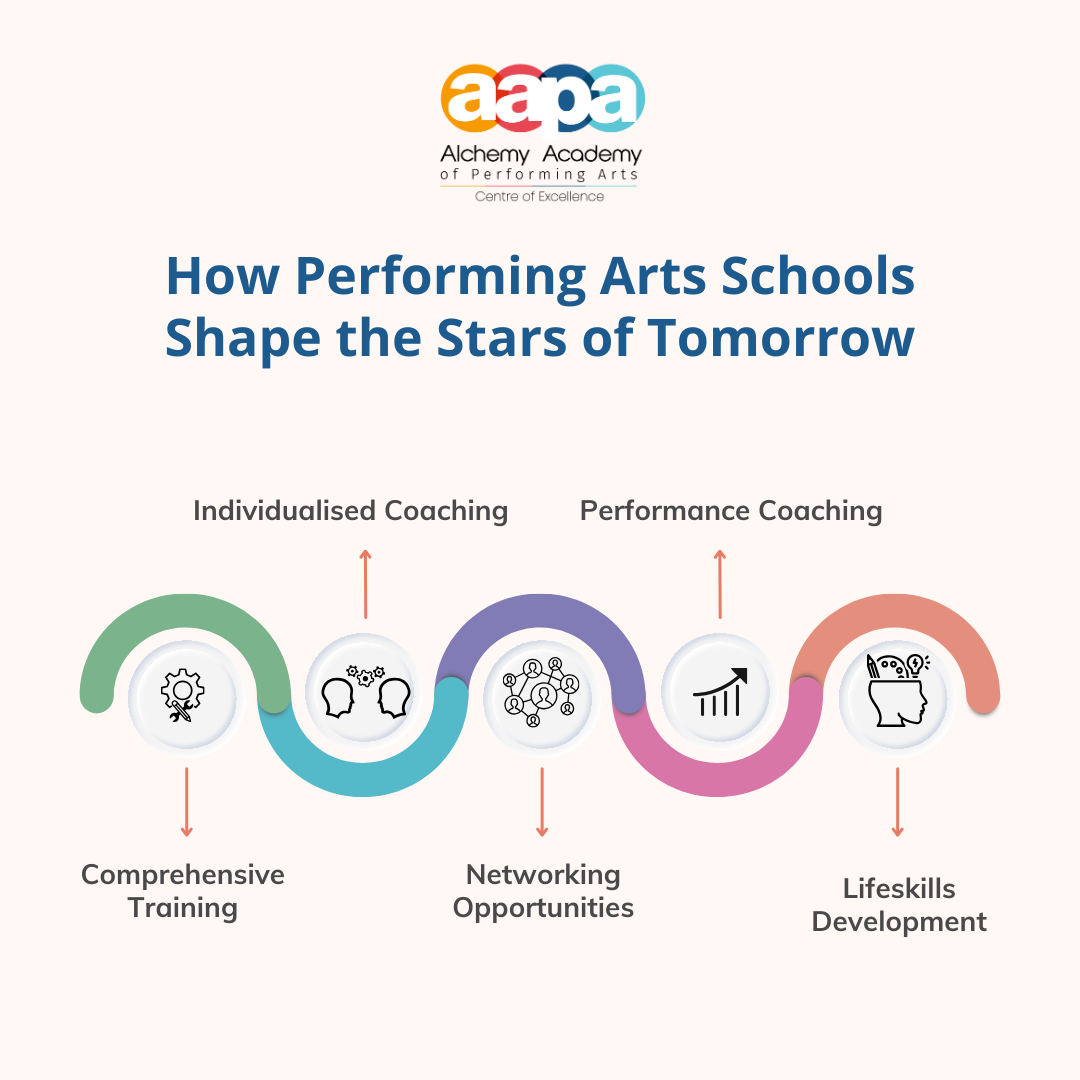
How Performing Arts Schools Shape the Stars of Tomorrow
Performing arts schools, as incubators for future stars, go beyond conventional education, shaping well-rounded individuals with skills and resilience essential for success in the competitive entertainment industry.
Comprehensive Training:
Performing arts schools offer a holistic approach to education, ensuring that students receive training in various aspects of performing arts, including acting, singing, and dancing. The comprehensive training not only hones their skills but also provides them with a well-rounded foundation. In the competitive world of entertainment, having proficiency in multiple disciplines can open up a broader range of opportunities for aspiring performers.
Individualized Coaching:
One of the key advantages of performing arts schools is the personalized attention students receive. Individualized coaching allows instructors to identify and nurture each student’s unique strengths. Whether it’s refining acting techniques, perfecting vocal skills, or mastering dance moves, tailored guidance ensures that students can reach their full potential. This personalized approach also helps address specific areas for improvement, fostering continuous growth and development.
Networking Opportunities:
Performing arts schools often have strong ties to the entertainment industry. These connections provide students with valuable networking opportunities, introducing them to industry professionals, casting directors, and established artists. Access to these networks can significantly enhance students’ chances of securing auditions, collaborations, and mentorship. Networking not only aids in career advancement but also exposes students to the realities of the industry early on.
Performance Experience:
Regular live performances are a cornerstone of performing arts education. These experiences offer students the chance to showcase their talents in front of an audience, helping to build confidence, stage presence, and resilience. The pressure of live performances simulates the demands of the entertainment industry, preparing students for the challenges they may face in their careers. It also instills a sense of discipline and professionalism that is crucial in the world of performing arts.
Life Skills Development:
Beyond artistic skills, performing arts schools prioritize the development of essential life skills. Communication, adaptability, and discipline are crucial for success both on and off the stage. Effective communication skills enable performers to express themselves authentically, while adaptability helps them navigate the unpredictable nature of the entertainment industry. Discipline is instilled through rigorous training schedules, teaching students the importance of hard work and dedication in achieving their goals.
Performing arts schools, through comprehensive training and personalized coaching, shape individuals into well-rounded stars ready to navigate the challenges of both the stage and life, contributing to the bright future of the entertainment industry. These elements collectively contribute to the well-rounded education and personal growth of aspiring performers, preparing them for successful and fulfilling careers in the entertainment industry.






